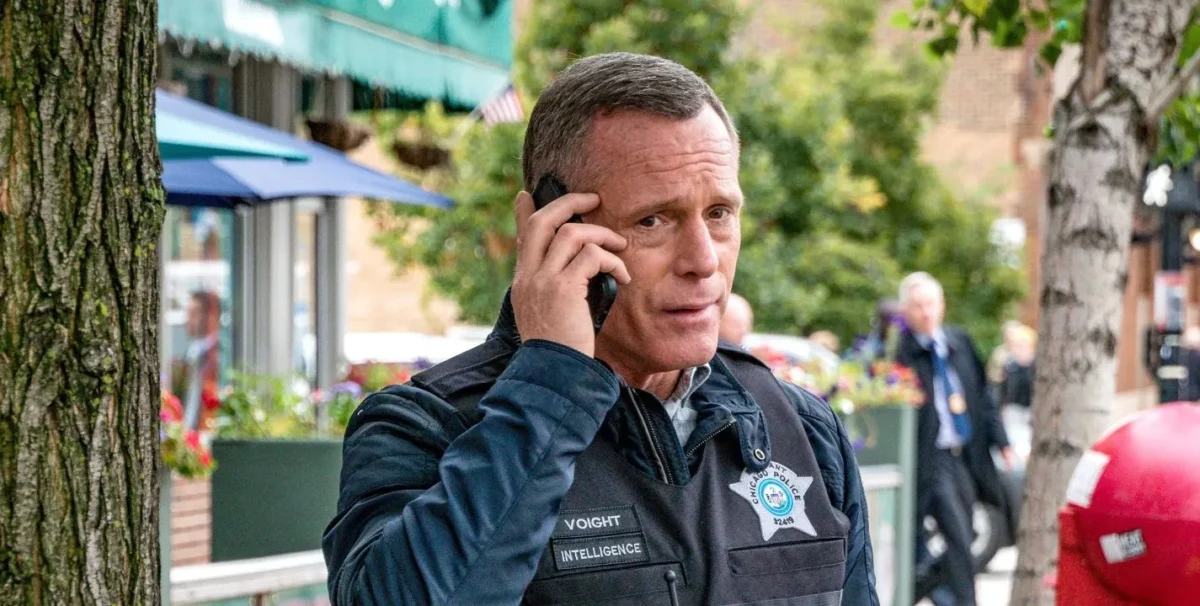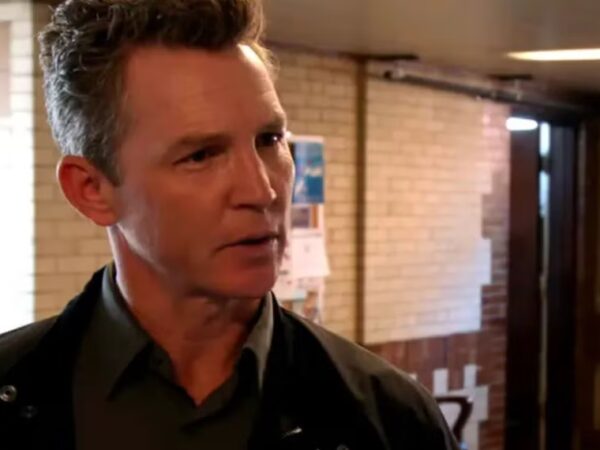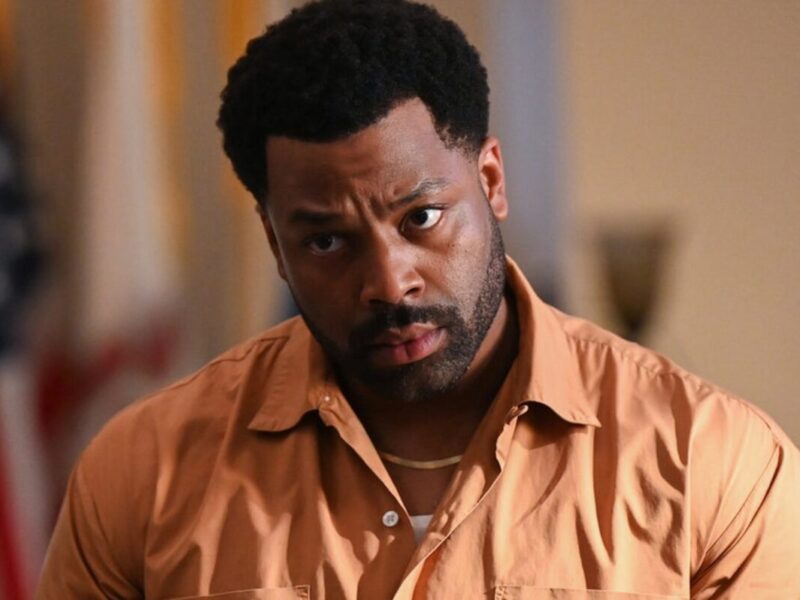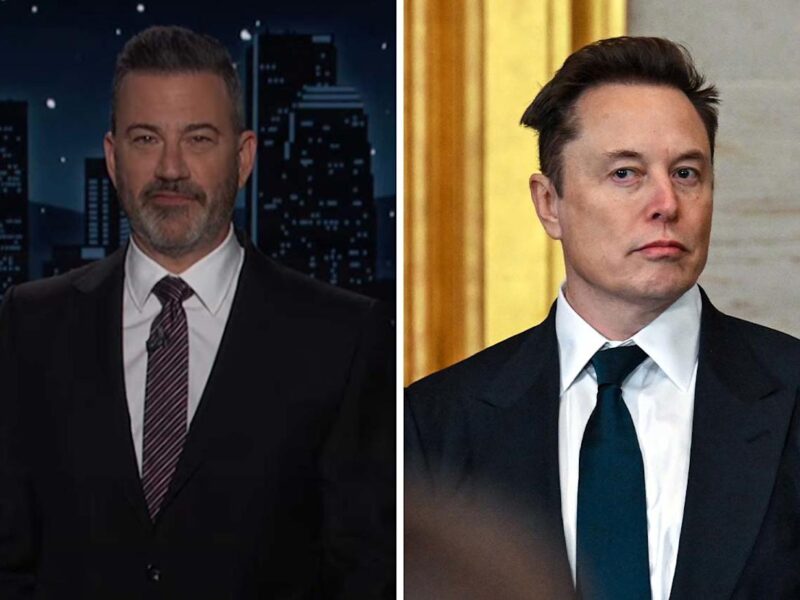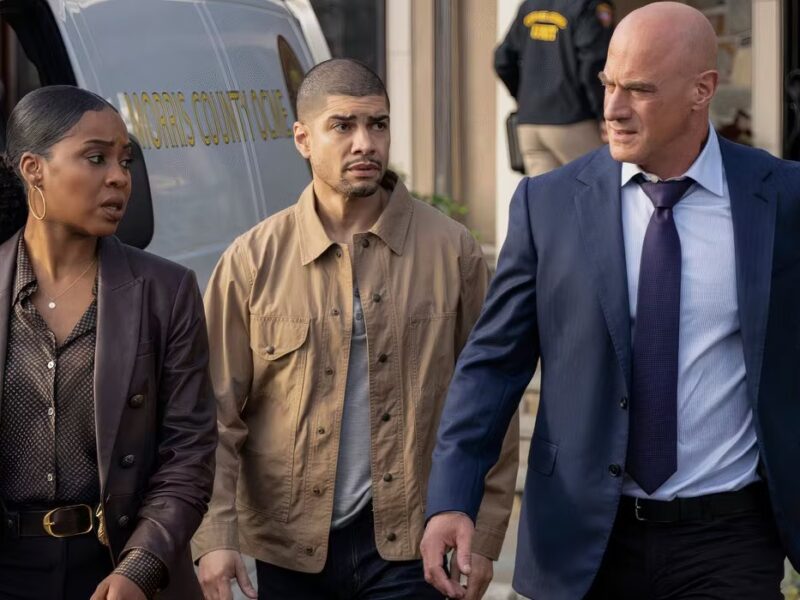The hardened face of Hank Voight has long defined Chicago P.D., but off-camera, actor Jason Beghe found himself in a drama of his own. An internal investigation exposed a troubling pattern of behavior on set, calling into question his professionalism and the workplace culture of one of NBC’s most-watched police dramas.
Though the controversy first erupted in 2017, it has resurfaced as new insights emerge about the production’s internal dynamics and how studios address sensitive allegations. The impact has been significant, with cast members and fans alike acknowledging a shift in the atmosphere following corporate intervention.
The Report That Sparked the Scandal
As reported by Variety, tension on the Chicago P.D. set peaked when several complaints were filed regarding Beghe’s conduct. Accounts described him yelling frequently, using offensive language, and fostering a hostile work environment. “He had a short fuse, and when it went off, it was unpleasant for everyone around,” an anonymous source told the publication.
These complaints prompted NBC, Universal Television, and Wolf Entertainment to launch a joint investigation with Human Resources. The result: a formal reprimand for Beghe and the assignment of an anger management coach. “When concerns about inappropriate behavior on set were brought to our attention, we acted immediately,” the studios stated in an official response quoted by Variety.
Such disciplinary measures are rare for high-profile actors, yet they’re becoming more common in an era of increased public scrutiny. In this case, the studios aimed to not only protect employees but also safeguard the reputation of a franchise that forms part of the widely beloved Chicago universe created by Dick Wolf.
Redemption or Strategic Damage Control?
Following the incident, production companies claimed that the set environment had “dramatically improved.” Beghe issued a public apology and expressed gratitude for the chance to grow professionally. Still, critics argue that these moves may have been more about image management than genuine change.
To grasp the full scope of the issue, one must consider the influence that high-profile figures have in high-pressure television sets. According to NBC Insider, the network implemented new policies to prevent similar incidents. These included mandatory training on workplace respect and clearer protocols for reporting misconduct without fear of retaliation.
Additionally, a confidential hotline was introduced to report inappropriate behavior within NBC productions. While these measures are a step forward, they came after years of permissiveness toward conduct that would now be deemed unacceptable. The Jason Beghe case thus became a turning point for structural reforms that are now standard across many productions.
A Case That Reveals Systemic Gaps
Though Beghe has not faced further complaints since, the incident opened up broader discussions about how the entertainment industry handles internal grievances. At a time when transparency and emotional well-being are increasingly valued, the Chicago P.D. lead’s behavior is a stark reminder of what happens when star power overshadows accountability.
Industry insiders have noted that this isn’t an isolated case. Across Hollywood, similar stories emerge of top-tier actors operating without checks, often creating toxic work environments. Interviews with former crew members from other sets highlight a long-standing culture of silence where efficiency often trumped well-being. That imbalance becomes particularly clear when central figures are treated as untouchable.
Beghe’s evolution since the scandal has generally been perceived as positive, but the past remains a lingering shadow. As an analyst from Tom’s Guide noted, “Major productions are learning that on-screen success doesn’t excuse off-screen toxicity.” His case serves as both a warning and an opportunity to redefine leadership roles in television sets.
As the series continues to thrive with new seasons and loyal viewership, one question lingers: Can an apology truly shift perception once the damage is done? Perhaps the answer lies with a new generation of talent rising within an industry that, while slow, is finally learning from its mistakes.

Open your account on Disney+ and you will have access to movies like Spiderman, Lightyear, Cruella and Pinocchio. You can also watch Star Wars series like The Mandalorian, Andor and The Book of Boba Fett.
